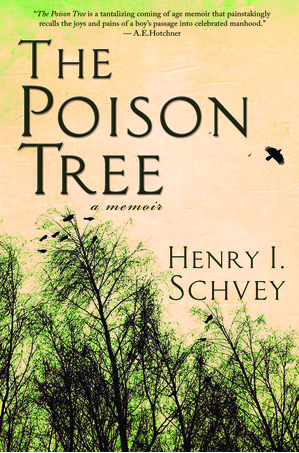Share the post "Writing Tips from a Contest Judge"
Writing Tips from a Contest Judge
by Donna Volkenannt
After more than a decade of judging writing competitions I’ve noticed similarities among winning entries. The entries that rise to the top of the stack are not only well written, they are also ones I remember long after judging is done. Here are some tips to help your prose rise to the top of the judge’s pile.
Guidelines
Read the contest guidelines carefully and follow them precisely. This might seem obvious, but surprisingly, some talented writers hurt their chances for winning because they don’t follow the guidelines. A recent contest I judged called for essays or short stories. One writer submitted a well written article which didn’t place because it was neither a short story nor an essay. In another contest, one great story exceeded the word limit. It didn’t win either. Exceeding, and in some cases skirting, a word limit also hints a writer has not polished her work. If contest guidelines are unclear, call or e-mail the contest coordinator for clarification.
Title
A title should be a hint of what’s to come and an introduction to the writer’s style. About one-fifth of the entries in the contest I recently judged were untitled. A couple entries were noteworthy but didn’t make the cut because they didn’t include a title. Not giving your piece a title is like not giving your baby a name. Please name your baby.
Word Choices
The strongest entries use concrete nouns and active verbs as the workhorses for their stories. For example, the noun “mansion” is more concrete than “house,” and the noun “cardinal” is more specific than “bird.” Eliminate passive or weak verbs (is, are, was, were, would, have, had, looked, went, saw) and replace them with stronger, active ones. Use adjectives and adverbs sparingly. Eliminate filler words such as: just, very, only, little, so, that. Winners write to express, not impress.
Vivid writing
One way top-of-the-stack entries sparkle is by including the five senses: sight, scent, touch, hearing, and taste. They also include color and have varied sentence lengths. Dialogue punches up writing. They use dialogue when appropriate, but not as an info dump or to point out the obvious. Dialogue is for conflict, not agreement, and works best in short snatches.
Setting and Time
Stories don’t need exotic locations like Paris or San Francisco or the moon. Daniel Woodrell’s critically acclaimed novel Winter’s Bone is set in the Missouri Ozarks. Wherever you set your story, readers need to be oriented to the setting fairly quickly and have an idea of when the story takes place.
Character, Voice, Action and Conflict
In a winning story I look for well rounded characters, a strong and unique voice, compelling action, and conflict. In winning stories, change occurs. Something happens. Action and conflict occur before the story is resolved.
Technical
Even the most skilled writers make mistakes, but the strongest entries have correct spelling, punctuation, and grammar. When I’m judging, if I come across an occasional typo, misspelled word, or grammar hiccup, I overlook it. Having a lot of mistakes shows carelessness. And don’t overuse exclamation points!!!!! They are screaming on paper.
Revision
Polish your work until it shines. During revision, eliminate unnecessary or repetitive words. Don’t rely on spell check. Print out a hard copy to proofread. Reading a story backwards can help catch double words and other mistakes. Ask a writing friend to read your story or get feedback from a critique group. Put the work aside for a day or two, then re-read it again. Be sure to read it out loud to eliminate awkward or clunky-sounding writing.
Submit
Like playing the lottery, you can’t win if you don’t enter. Plan ahead so you’re not scrambling at the last minute. I’ve missed more than one deadline because my printer wasn’t working, my ink cartridge was dry, or I didn’t have enough postage on hand to mail an entry by a deadline. Remember to include the contest fee, and double check the mailing address. I received one entry from a contest chair a couple days after I had finished judging. The entrant mailed her entry on the deadline date but sent it to the wrong address. By the time I received it I had already picked the winners and sent the names to the contest chair.
Entering writing competitions stretches your writing muscles. Placing in contests boosts your ego and gets your work noticed. Winning contests validates your talent, can earn money, and be a step on the road to publication. So, don’t be afraid to enter contests. Send your babies out into the world, but when you do, make sure to submit your best work — and please don’t forget to name your babies.

